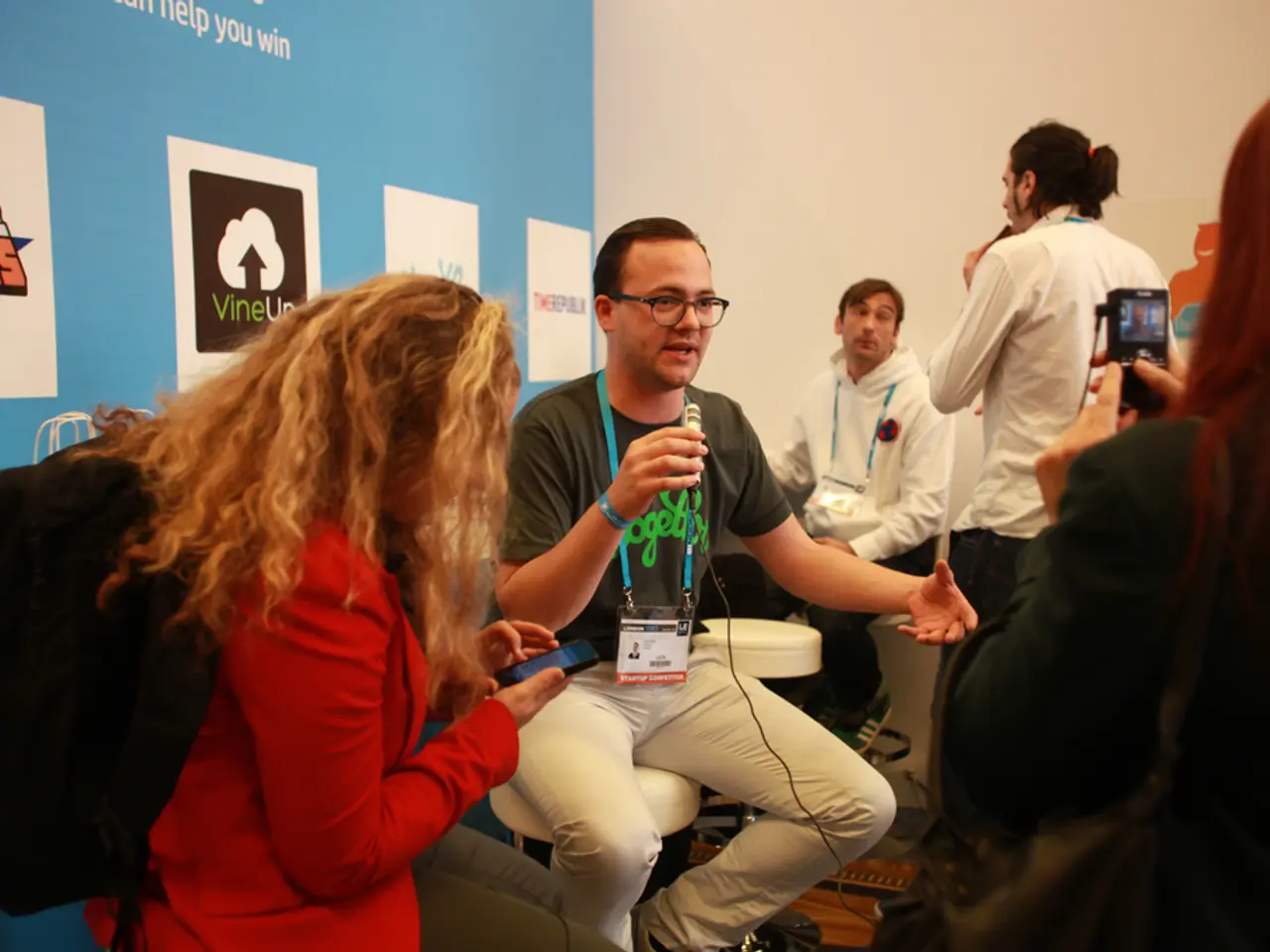Preparing for a Fruitful Job Interview: Strategies and Tips for Aceing Your Chance
In the world of job seeking, one question that often sends shivers down candidates' spines is "Tell me about yourself." Love Bolbina, a seasoned career consultant, emphasizes the importance of this question, as it is a common staple in interviews.
To answer it effectively, Bolbina suggests a clear and simple format: defining your role, your education, and your key experience. Julia Subbotina, head of the recruitment department at Drivee, agrees, adding that it's crucial to avoid overly general phrases like "I'm stress-resistant and a team player" without concrete examples. Instead, speak about yourself based on facts - specific tasks, achievements, and examples - to avoid sounding arrogant.
When applying for a job, it's essential to show that you've done your homework. Sophia Vorontsova, HR Director at Qtim, advises talking honestly and openly about changing professional direction, without trying to hide or avoid difficult topics. She also emphasizes the importance of demonstrating enthusiasm and company knowledge.
If you have no relevant experience or very little, Subbotina suggests focusing on education, internships, volunteer projects, or case studies. Vorontsova advises against apologizing for job changes unrelated to being fired. Instead, present your past experiences as learning opportunities that have shaped you into a stronger candidate.
The idea of "one profession for life" is outdated, according to Subbotina. It's important to talk openly and confidently about switching fields, demonstrating a well-thought-out decision. Irina Lubanets, Executive Director of "Aravia," agrees, highlighting the importance of preparing and practicing self-presentation in advance.
To avoid common mistakes, don't give overly generic answers like "I'm a hard worker" without backing them up with examples. Avoid negativity about past employers or colleagues. Don't overshare personal information unrelated to the job, and avoid memorizing answers word-for-word. Instead, aim for natural and conversational responses.
Remember, a job interview is a dialogue, and self-presentation is a crucial part. A well-prepared self-presentation is not a memorized text, but a casual list of facts from your resume that show who you are as a specialist, what tasks you can solve, and why you are the best fit for the new role. By preparing thoughtfully, aligning your strengths with the job’s needs, and practicing concise storytelling through examples, candidates can create impactful interview responses that distinguish them positively.
Lastly, if an unexpected question catches you off guard, it's normal, and not every answer comes immediately. The key is not to panic and take a pause to think. If a question feels too personal, don't hesitate to tell the employer directly. Open and honest communication is key in building a strong professional relationship.
In the context of answering interview questions, it's crucial to clearly discuss your education, self-development, and career development to demonstrate your qualifications, as suggested by Love Bolbina and Julia Subbotina. If you lack relevant work experience, focus on education, internships, volunteer projects, or case studies to show your readiness for the role, as advised by Julia Subbotina and Sophia Vorontsova.




